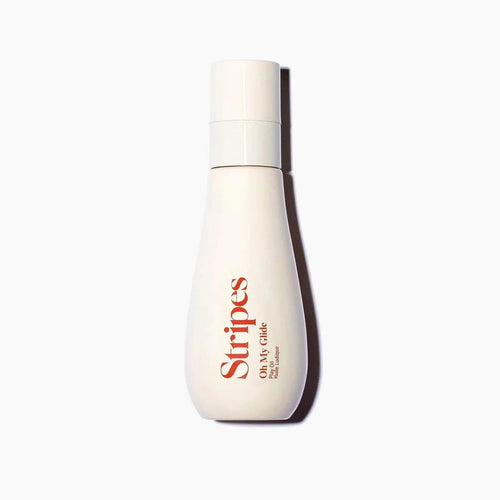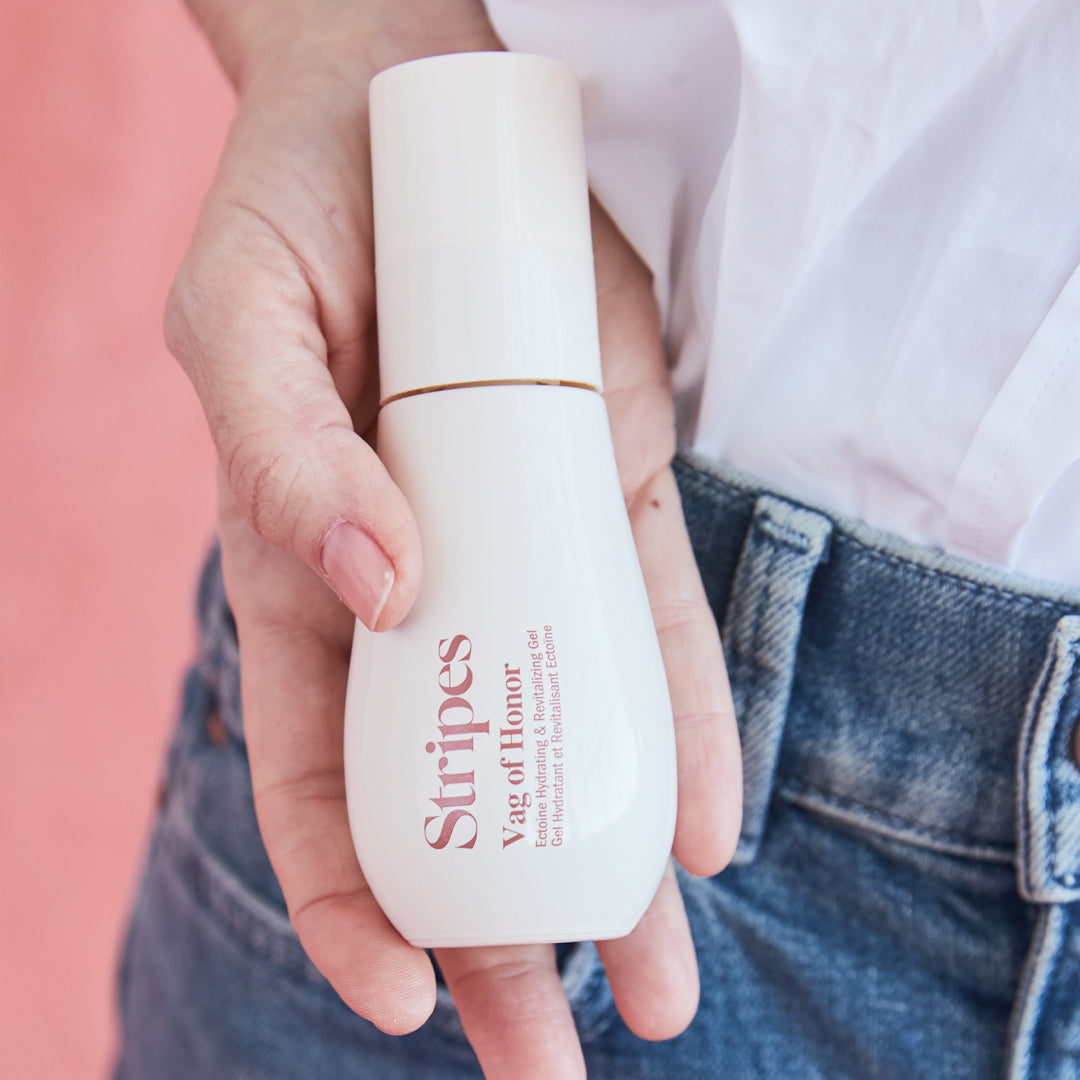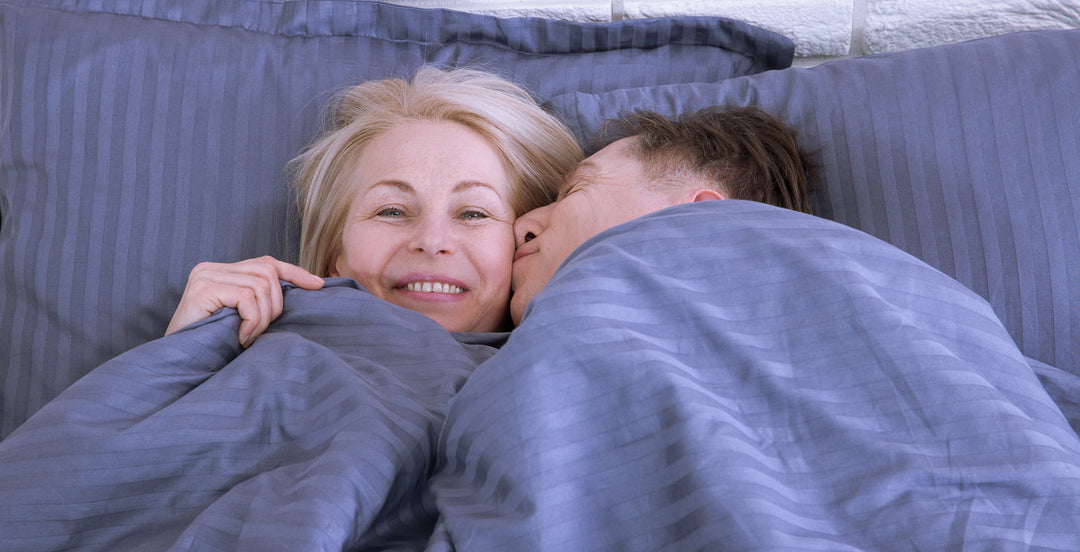Ask A Doctor: What Can I Do About Painful Sex?
In each installment of Ask a Doctor, your burning questions about hormones, menopause symptoms, sleep, sex, and more are answered by doctors who specialize in treating women in midlife.
This week: Lizellen LaFollette, board-certified OB-GYN, on why sex can get painful during menopause, and what we can do to stop it.
Dear Doctor,
Recently, I've been feeling pain during sex. I’m not getting wet like I used to, and even with lube, sometimes it really hurts! There’s almost a tearing or burning feeling in my vagina. What is going on, and, more importantly, how do I make it stop??
Dr. LaFollette says:
Painful sex can occur during menopause for a number of reasons, and not all of them are hormonal — there’s also arousal issues tied to how you feel about the relationship, or the degree of stress that you’re currently experiencing. But the drop in estrogen production that accompanies menopause can cause changes to the vagina. That drop in estrogen means less blood flow, disrupting the production of new cells in the vagina. Before menopause, the cells in the vagina are continually turning over as part of our typical monthly menstrual cycle. Old cells are sloughed off and new ones grow each cycle, a process which keeps the vagina soft, lubricated, and pliable. In menopause, however, this cell turnover drops off. And without that regular cell turnover, we get thinner, more rigid, non-collagenized skin that is less responsive to arousal.
Whether and how you’ve given birth can also be part of the picture when it comes to painful sex. During menopause, the vagina gets narrower and tighter, and this might be more pronounced for people who have never had a vaginal delivery. A tighter, narrower vagina, combined with increased dryness can lead to a lot more pain during sex.
Pain during sex can also have emotional causes. Are you getting aroused by your partner? Are you turned on by this person? Is this a stable relationship? Do you feel safe? All of that — the basics of good sex — have to be in place before you address any physiologic changes.
If sex has started to feel painful, using lubrication and moisturizers is a great starting point. You can use an oil, water, or silicone-based lube during sex, and a vaginal moisturizer several times a week — this can improve dryness and pain overall and during sex. There are also prescription topical creams that contain estrogen, which are applied directly to the vagina and can help with dryness and irritation.
If you’re using lube and moisturizer or topical creams and still feeling pain during sex, there are other things to try. Laser treatments, which are similar to the laser treatments for the skin on your face, can help. It works like this: if you put energy across your face, you resurface your face, because your body says, ‘there's an injury here, I need to heal it." It works the same for the vagina — the lasers “wake up” that dormant layer of skin inside the vagina, and it starts to create the collagen, the elastin, and the blood supply that go AWOL during and after menopause.
Any one, or a combination of these methods, might be what works for you. But the important thing to remember is that it’s not hopeless — pain during sex absolutely does not have to become the new normal.











